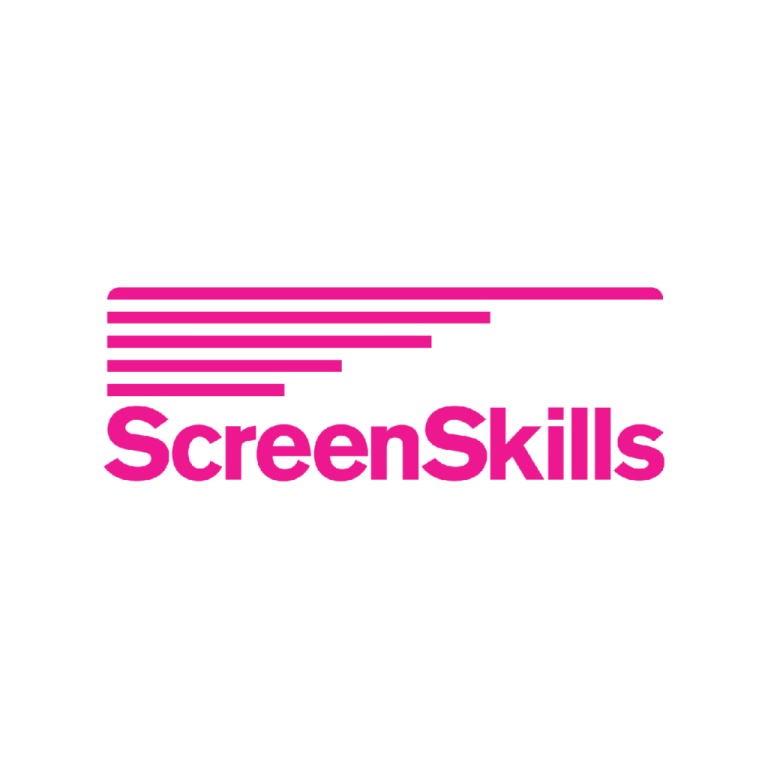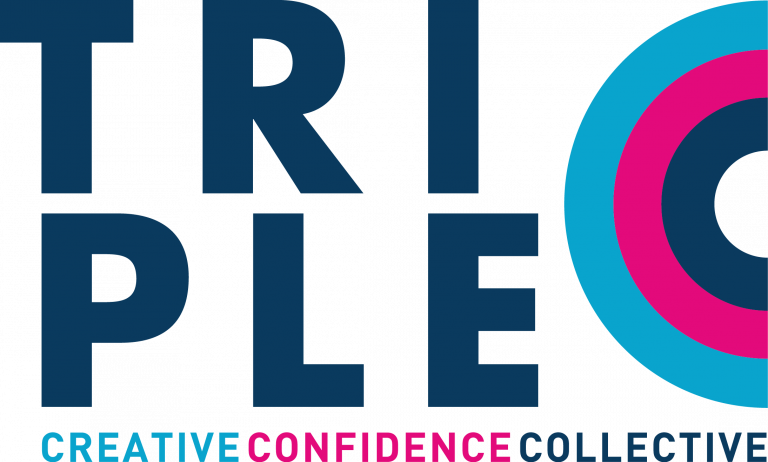Please bear with us! Our site is currently undergoing some maintenance so it does not have complete functionality.
Access Coordinator Development Programme
Applications for Access Coordinator Training 2025/26 are now closed.
- Audio Versions
- FAQ BSL Version
- BSL Page Content
- Easy Read Version
Funded by ScreenSkills HETV Skills Fund, for the second year TripleC, together with delivery partners DDPTV, Brazen Productions and Access All Areas are running an Access Coordinator training programme designed to support successful candidates to take up roles on high-end TV (HETV) productions.
This programme is funded by the ScreenSkills High-end TV Skills Fund made up of contributions from UK high-end TV productions.
For a more detailed outline of the Access Coordinator role, please see the TV Access Project’s job description.
the programme will provide:
- The skills and knowledge needed to succeed in access roles on HETV productions.
- An industry mentor who has the expertise to guide and support you.
- A supported placement as an Access Coordinator on an HETV production.
- Networking and other opportunities to secure further work.
In-person and online sessions will cover:
- The role and duties of an Access Coordinator
- Access, adjustments and inclusion for a wide range of deaf, disabled, autistic and neurodivergent creatives
- Legal obligations, including the Equality Act
- Overview of an accessible and inclusive HETV production
- Funding for access
- Advocacy, people management and conflict resolution
- Mental health and wellbeing
When?
We ask that you ensure you are able to attend all sessions during this period prior to application.
- The programme will run from January 2025 – March 2026.
- There will an initial in-person session in Manchester in January 2025.
- There will be up to 12 online sessions, each lasting 2 hours between January 2025 – April 2025. These will be held on Tuesdays at 10.30am – 12.30pm.
- There will a final in-person session in April 2025 in Manchester.
- Between April 2025 and March 2026, you will complete a placement as an Access Coordinator on a HETV production. There will also be monthly online drop-in sessions where participants can share the learning they have acquired on productions.
- Each session will be delivered by experts working in the industry.
Who can apply?
The programme is open to deaf, disabled and/or neurodivergent (DDN) people with:
- A minimum of 3 years’ experience working in any department in television production, especially drama or comedy, or;
- at least 2 on-screen credits.
We have 10 places available.
We recognise the positive value of diversity, promote equality and challenge unfair discrimination. We aim at all times to recruit the person who is most suited and welcome applications from people of all backgrounds. This includes people of all ages, genders, sexual orientations, ethnicities, nationalities, religions and beliefs.
We will advertise this opportunity via organisations that elevate underrepresented groups. Prioritising applications from people with protected characteristics will form an active part of the selection processes in tandem with ensuring that candidates meet the stated criteria.
Any diversity data provided is only used in the shortlisting process, will not be seen by the interview panel and does not factor in the final selection.
You do not need to provide evidence of being DDN as you can self-identify. We would like to ensure we are representing a range of lived experiences throughout the cohort. Sharing details about your lived experience with us will help us meet this aim. Please do so through the application.
Have any further questions?
We will be holding a webinar 1pm-2pm on 3rd October 2024 to answer any questions you may have about this course or the application process. This webinar is not mandatory for your application to be considered but is an opportunity to get to know a little more about the programme. It will be BSL interpreted and captioned.
How to apply:
You can apply by doing one of the following:
- emailing your answers to the below questions;
- completing this Google Form;
- answering the questions in this Word document and then emailing the document to us;
- emailing an audio or video file with your answers.
Please email your application and CV to:
[email protected] with ACCESS COORDINATOR as the subject.
Please email any questions you have or if you need to apply by other means to:
[email protected] and we will aim to reply within 3 working days.
Please send us your application by 11.59pm on 31st October 2024.
We will let all applicants know whether or not their application has been successful by 15th November 2024. Shortlisted candidates will be invited to interview between 18th November and 6th December 2024.
- Your name
- Address
- Email address
- Phone number
- Do you identify as deaf?
- Do you identify as disabled?
- Do you identify as neurodivergent?
- What experience do you have in TV or Film Production? (approx. 300 words)
- When you have worked on a production, what barriers to access have you witnessed and/or experienced? (approx. 250 words)
- Why would you like to take part in the programme? (approx. 200 words)
- Will you commit to attending all 12 online training courses, and 2 face to face sessions for the training in January 2025 – March 2026 if successful?
- Are you open to being on a paid on-the-job placement between April 2025 to March 2026, if given an opportunity by a high-end television production?
- We welcome applications from everybody. We particularly welcome applications from people from underrepresented communities to ensure we have a representative and diverse group of Access Coordinators. If you would like to tell us about your lived experience please do so.

